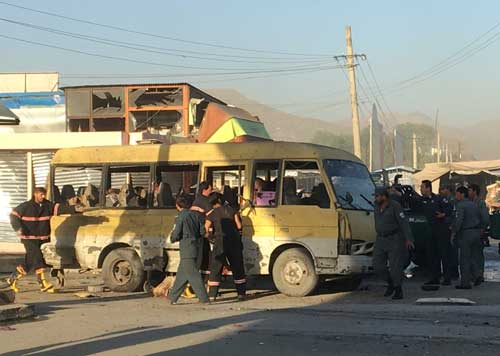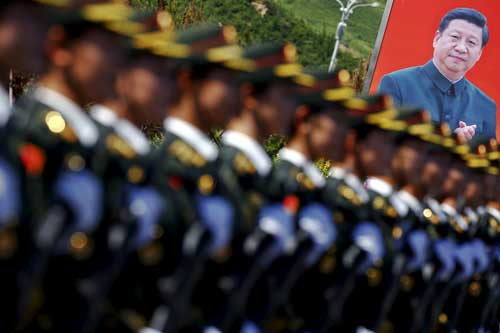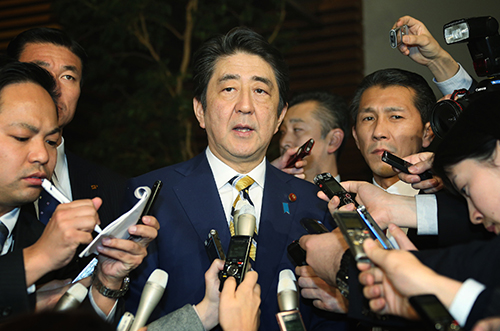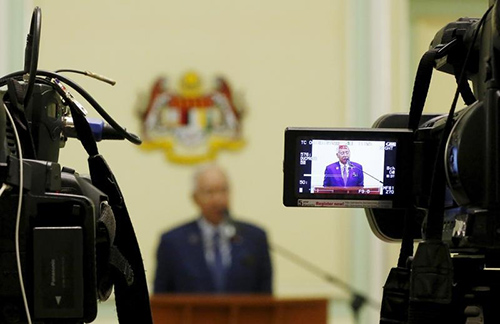
By now, Afghan authorities should know media are not the enemy
Several journalists in Kabul–the exact number is unclear–were beaten, harassed, and kept from working by security forces when they rushed to cover a suicide bombing on Monday that killed 14 people and wounded more than eight. In an email message, the Afghan Journalists Safety Committee (AJSC), an organization with which we work closely, said when…
Sri Lankan journalist Freddy Gamage back in hospital, still under threat
Back on June 3, we called for “a thorough investigation into an attack” on Freddy Gamage, a muckraking editor and blogger for Meepura.com (and in Sinhala). At the time, the government promised on its official website that it “would never again allow media suppression, which prevailed during the past, to reoccur.” Prime Mister Ranil Wickremesinghe…
Bangladesh should take urgent steps to protect freedom of expression
The U.N. Human Rights Council will convene in Geneva for its next session today. Ahead of this meeting, international groups working on press freedom and freedom of expression, including the Committee to Protect Journalists, made a joint submission to the council calling for urgent and concrete steps to reverse the deteriorating climate for free expression…

In China, more journalists–even former ones–vulnerable to government wrath
Most of the journalists imprisoned in China reported or commented on issues that the Chinese government finds threatening to its rule. They were likely aware that their work could invoke the wrath of the Chinese Communist Party at any time, but still choose to go ahead for the sake of truth and the public interest.…

Abe administration throttles media independence, journalists and UN say
Late in 2015, the Japanese government asked David Kaye, the U.N. special rapporteur on the right to freedom of opinion and expression, to reschedule a visit planned for December. At the time, some news outlets speculated that the administration of Prime Minister Shinzo Abe, under criticism for rising threats to free expression, was trying to…
Foreign press in China say travel to Tibet remains restricted
While foreign media outlets were granted some limited access to the Tibet Autonomous Region in 2015, China still rejected roughly three-quarters of the reporters who sought permission to visit last year, according to a new survey by the Foreign Correspondents Club of China (FCCC).
CPJ joins call for World Bank to adopt human rights policy
The Committee to Protect Journalists has joined Social Justice Connection and other press freedom and human rights groups in calling on the World Bank to adopt a human rights policy at its annual spring meeting in Washington D.C. In a letter to the president of World Bank, Jim Yong Kim, the groups urged the bank…
Foreign press in China face fewer visa delays but obstacles remain, FCCC finds
The results of the Foreign Correspondents’ Club of China’s annual survey, released at the end of March, are a mixed bag. While problems raised in previous surveys, such as renewing visas, have eased, the responses show challenges remain for the international press.

Closure of news site underscores Malaysia’s press freedom crisis amid 1MDB scandal
On March 14, The Malaysian Insider abruptly closed its editorial operations less than a month after the state media regulator, the Malaysian Communications and Multimedia Commission, blocked local access to its news site.
